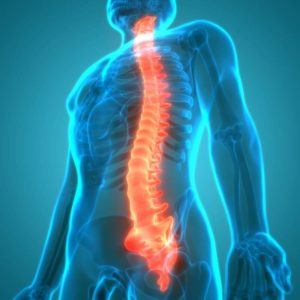Bone Density CT Scan
Quantitative Computed Tomography
Pioneered at UCSF, quantitative computed tomography (QCT) is a bone density test performed using a CT scanner to measure the strength of your bones and help determine your risk of osteoporosis. The scan results in a 3D image and measures bone mineral density (BMD). The Hip and lumbar spine are the most common choices for evaluation with QCT.
A QCT Bone Density Scan is Recommended For:
- Those at risk of osteopenia (low bone mass)
- People who are being treated for osteoporosis and need to be monitored
- Those receiving, or who will receive, steroid therapy
- People with hyperparathyroidism
- Those with vertebral abnormalities
- People who are either small or tall
- Patients with large body habitus
- Those that have degenerative spine disease – in particular men
Advantages of a QCT Bone Density Test Over DXA Testing
Many people who cannot undergo DXA testing for various reasons can safely have a QCT scan. QCT scans are safe and offer reliable BMD measurements for patients who have:
- Arthritis
- Scoliosis
- Disc space narrowing
- Spinal degenerative diseases
- Aortic calcification
- Osteophytes
- Obesity
Contraindications:
- Anyone who recently had a test that involved barium, iodine, or other contrast materials
- Women who are or may be pregnant
If you have any questions about a bone density test, please don’t hesitate to contact us. You can also learn more about our other scans such as the heart scan with calcium score. If you’d like to schedule a bone density scan, you can book online or give us a call today! (702-534-7900)

